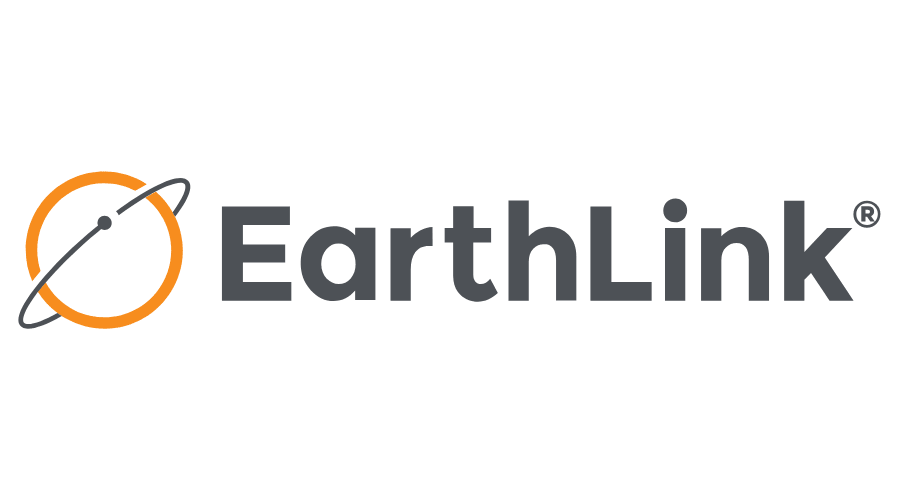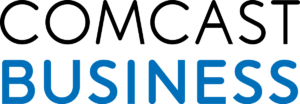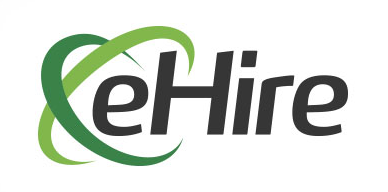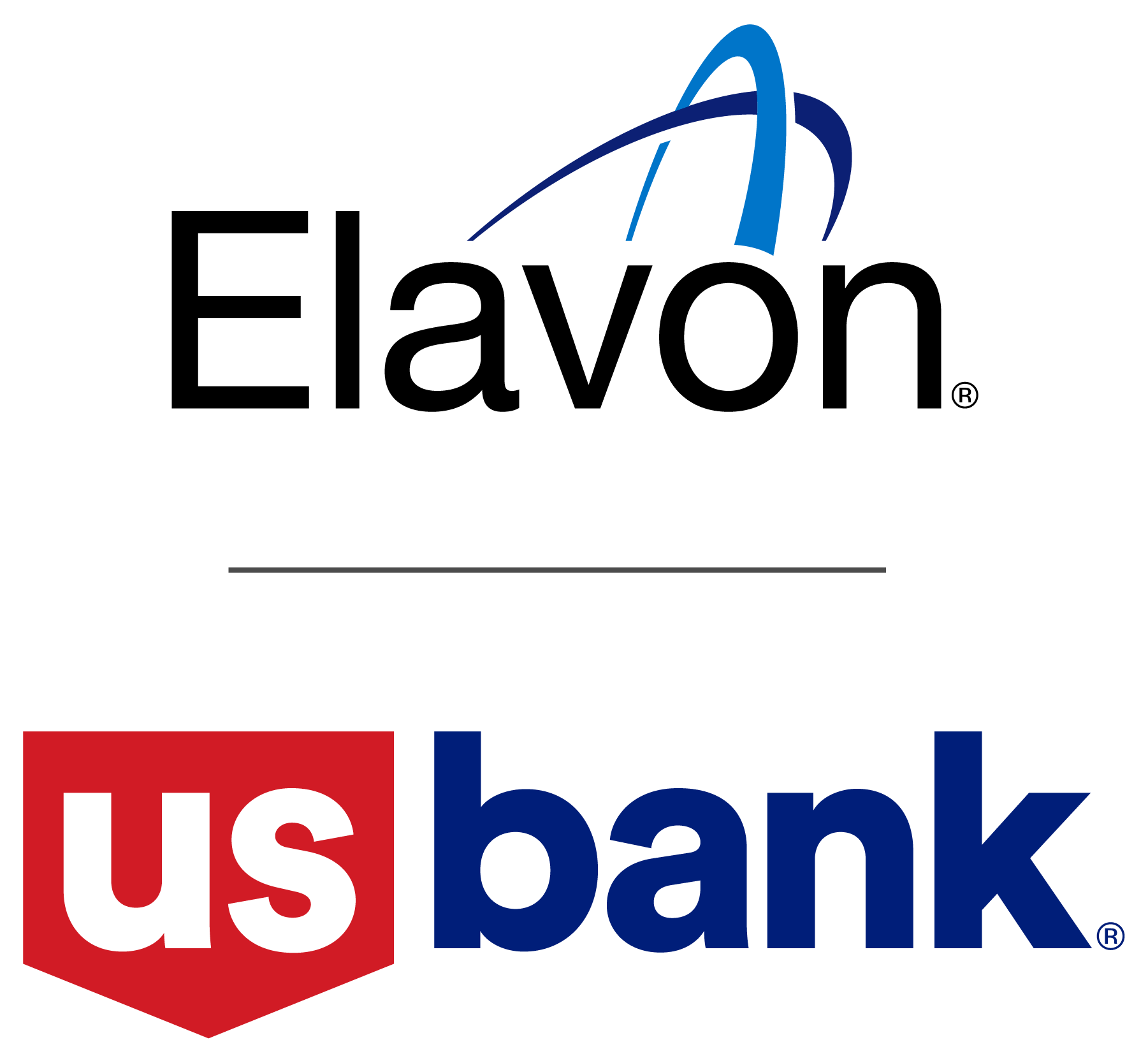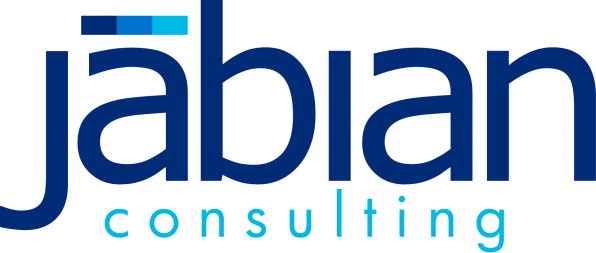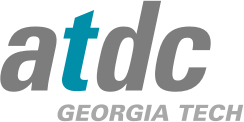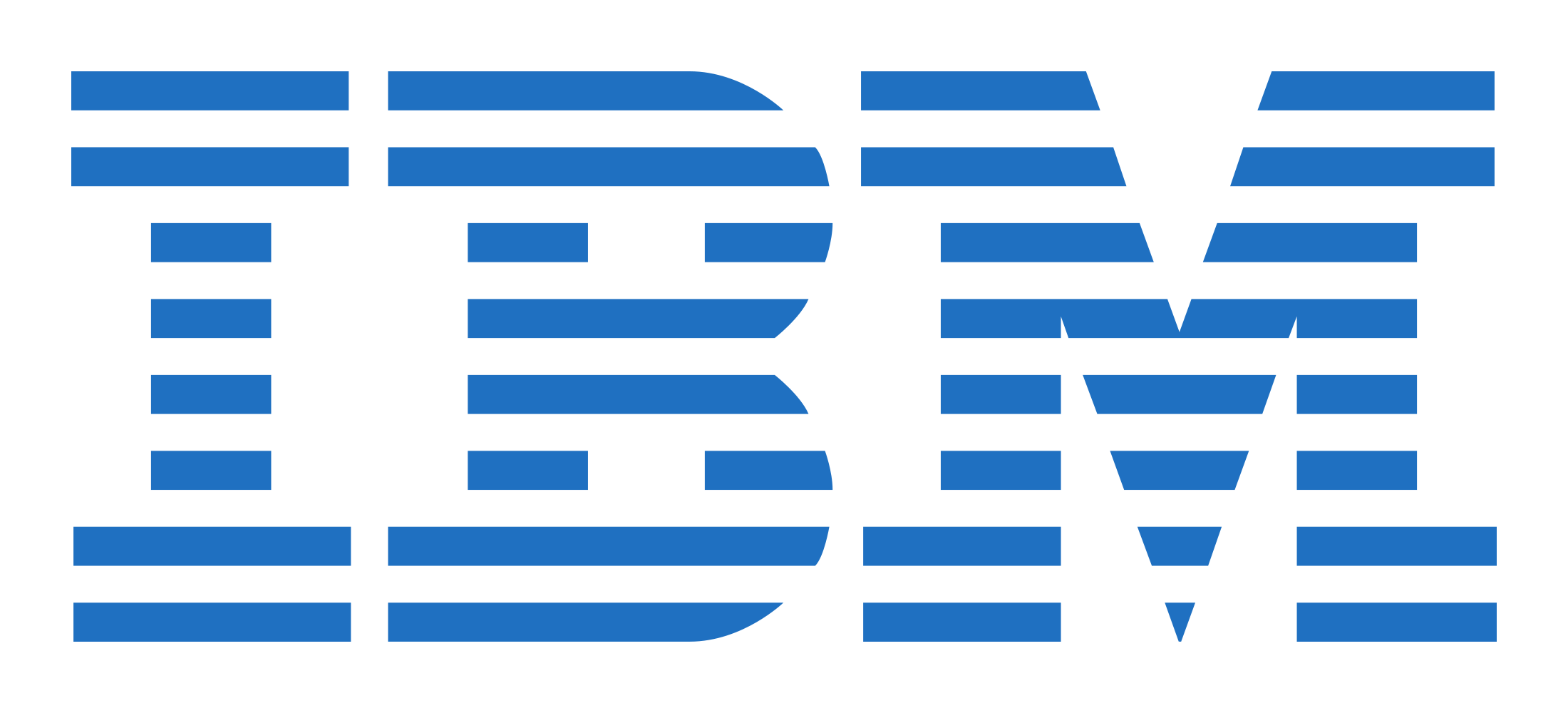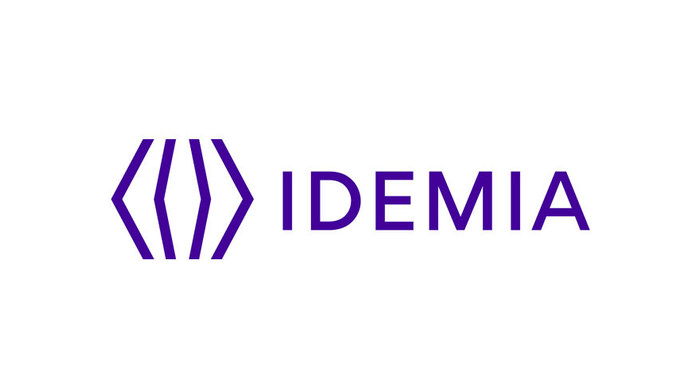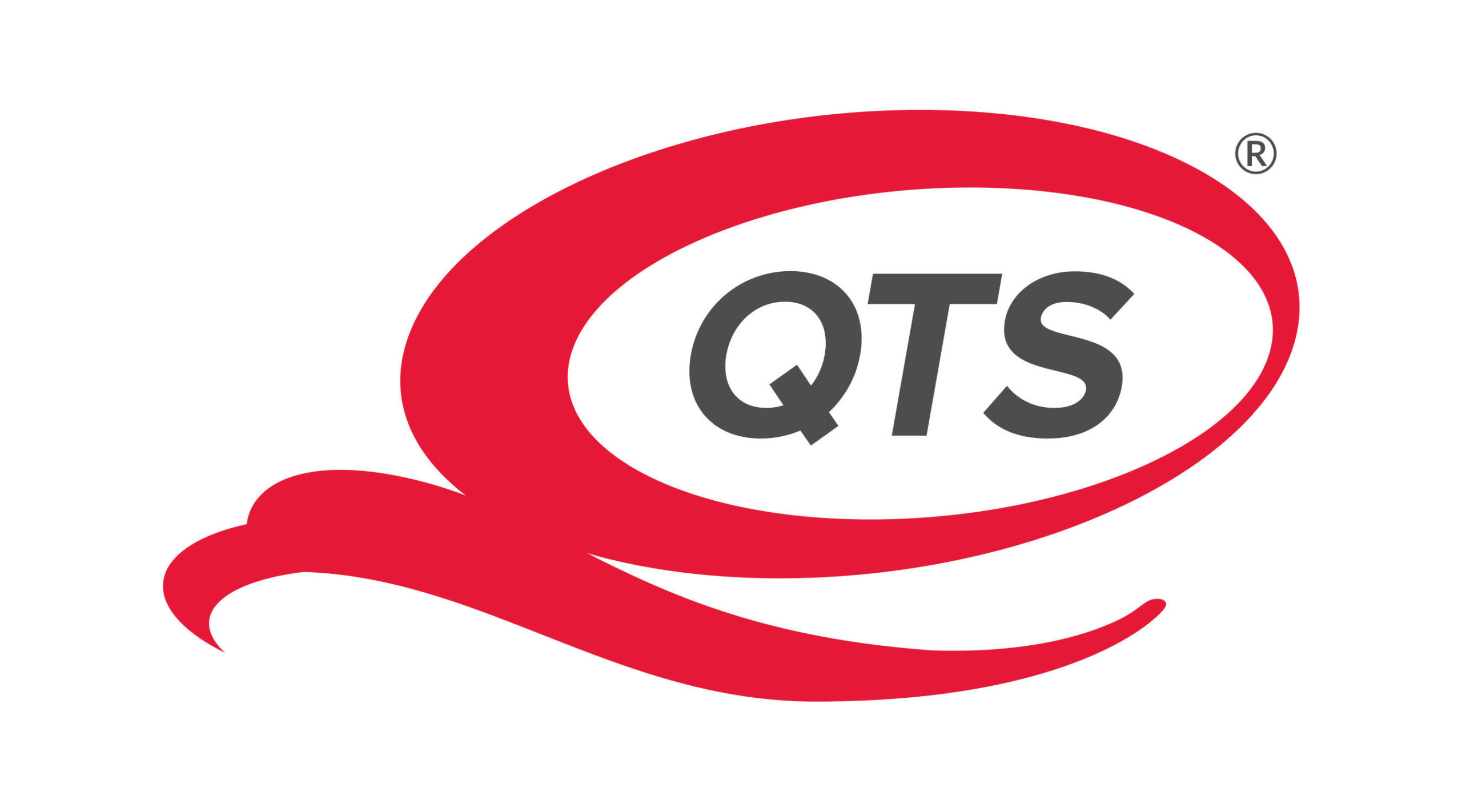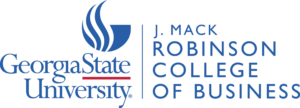
ATLANTA– 2023 has been the year of generative artificial intelligence (A.I.). Everyone is racing to figure out what it is, how it works, and how it can make business more productive, while also grappling with questions about its ethical use, its regulation, and whether or not we should be fearful of this new technology. How is generative A.I. going to change business and the world?
To address these questions and more, Georgia State University’s J. Mack Robinson College of Business hosted “Generative A.I. – Unlocking Business Value” – an executive education session that took an immersive journey into the world of generative A.I.
Over two dozen business executives from Nike, Clorox, Microsoft, UPS, The Home Depot, and others participated in the half-day workshop led by Arun Rai, Regents’ Professor, Howard S. Starks Distinguished Chair, and director and co-founder of the Center for Digital Innovation, as well as Nate Bennett, professor of management and faculty director of Robinson’s Executive MBA program.
Rai led participants through a discussion on the opportunities of generative A.I. and what the future looks like as it revolutionizes how organizations create value in software, logistics, retail, healthcare and more. It can automate and augment human expertise in tasks from software coding to customer service to medical consultation. Organizations need to effectively manage the interdependence between A.I. and employees as they transform the nature of work and the bundle of skills required for a job.
On the flip side, there are also major flaws and ethical risks associated with the self-learning aspect of generative A.I. It can learn to express microaggression, bias and abusive language; and also generate “hallucinations” or flaws in datasets that must be managed. There are also legal risks to address. How do we ensure the information A.I. generates is accurate, appropriate and legal?
As the discussion ensued, the statement Rai often repeated throughout the morning in reference to wrestling with the adoption and risks of the generative A.I. was “We can’t put the horse back in the barn.” Organizations need to assess their A.I. readiness, experiment with use-cases of the technology, upskill and reskill employees and establish responsible-use practices.
During the second half of the workshop, Nate Bennett facilitated a panel discussion with Rai, Péter Molnár, a data scientist and design leader with years of experience working with organizations seeking to leverage new data-based technologies, and legal expert John Thielman, associate chair of the Maurice R. Greenberg School of Risk Science.
Faculty and participants dove deeper into the weighty topics surrounding the adoption and regulation of generative A.I. Some of the questions and topics discussed were:
- How will jobs be affected by generative A.I.? What jobs will cease to exist, what new jobs will be created, and how will various jobs change?
- How will the technology be used to create new products and services? How will it save businesses money?
- What are the legal risks to privacy, IP infringement, and trade secrets?
- What is the cost of failure? When it comes to industries like healthcare and transportation, an A.I. failure could cost human lives.
- How can the technology be used to empower employees by augmenting their skills.
As the session came to a close, Guy Mills, vice president of strategy and technical analytics at Clorox shared, “I love seeing so many diverse racial backgrounds from different industries in the room because that’s how better ideas collectively come forward and diffuse out into the world.”
“I was eager to hear different perspectives on how A.I. is being used, and was impressed with the topics and level of engagement in candid conversations with like-minded people,” said Catherine Fellinger, commercial executive at Microsoft. “I look forward to seeing how everyone’s viewpoints will evolve over the next one to five years and beyond.”
“We were thrilled to host this executive education summit on generative A.I. for our industry partners. The content from our faculty provided invaluable insights, but what truly set the experience apart was the diversity of voices in the room,” said Brian Jennings, senior associate dean of graduate and non-degree programs at Robinson. “That diversity of backgrounds, ideas and perspectives sparked conversations that transcended boundaries and created a much richer experience for our summit participants.”
To learn more about executive education at Robinson, click here.



